Have you experienced a propane leak before? Like any other flammable gas, propane fuel must be properly handled in all environments. Whether you’re using it to power industrial equipment or transport large tanks, understanding the risks of propane leaks and ensuring the correct monitoring equipment is in place is vital for the safety of your team.
[bctt tweet=”Working with hazardous gases comes with a number of risks, especially if a leak were to occur. Learn the dangers of propane and how to respond if your equipment experienced a leak.” via=”no”]
If you regularly work with liquefied petroleum gas or propane, your facility assumedly has gas detection equipment installed to maintain optimal gas levels. If your monitor were to malfunction, however, it’s important to know the steps to take if a propane leak were to occur.
Checking for LP Gas Leaks
In its organic form, liquefied petroleum gas is nontoxic, colorless, and odorless. To help customers and operators to safely handle propane gas, an odorant is added so that it smells like rotten eggs. While simply smelling propane is often how propane leaks are discovered, your sense of smell isn’t the most reliable source.
You can also check your propane tank on a regular basis by applying soapy water or specialized leak detector solution to the tank’s cylinder gas supply valve or regular outlet connection. If bubbles form when you slowly open the cylinder valve, there’s a probable chance that you could have a propane leak.
Pro Tip: If you have an extensive LPG system, having a reliable gas detection system is key to ensure that you have 24/7 monitoring of your environment.
Immediate Steps to Take
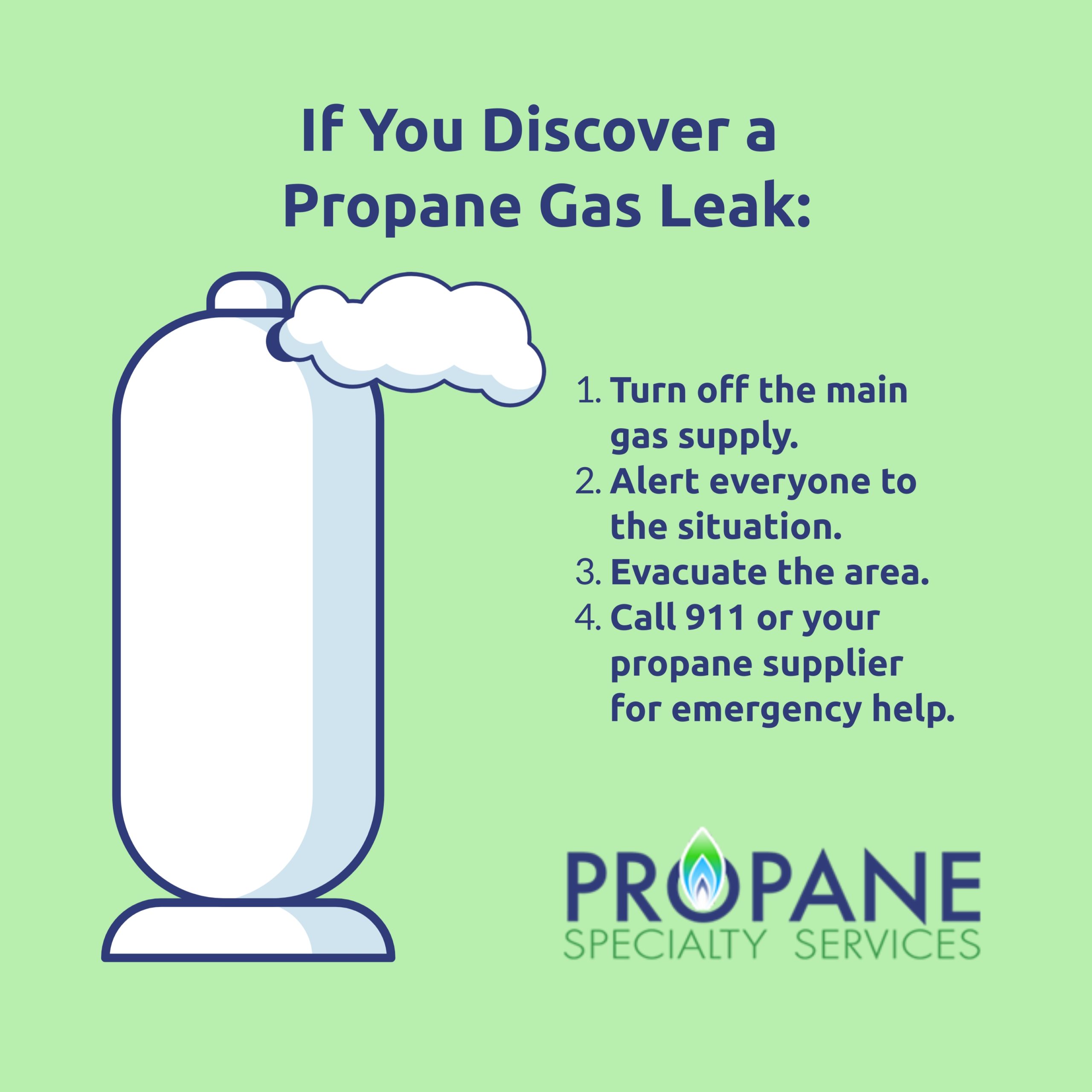
When you discover a leak, it’s important to respond quickly and appropriately to reduce chances of fire or sudden explosion. If you have access to the main gas supply, be sure to turn it off immediately to prevent any more propane gas from leaking.
After, make sure that every person in and around your facility is alerted and given the opportunity to evacuate safely. Once you’ve left the area and are a safe distance from the gas leak, call 911 or your propane supply company to report the leak and to get emergency assistance.
Preventing Future Issues
Safety prevention is a top priority for every facility, especially when using flammable materials such as liquefied petroleum gas. One of the best ways to guard against propane leaks is by committing to routine equipment maintenance. By performing a system check and ensuring that you have the latest connectors and gas lines, you can greatly reduce the likelihood of a propane leak in your building or area.
Additionally, be sure that your facility has a propane gas detector configured to sound an alarm when an unsafe concentration level of propane is found. These precautions along regular team safety meetings will ensure that your business will be adequately prepared when faced with a propane gas leak.
Safely Handling a Propane Leak at Your Facility
Regardless of the type of LPG system you have installed, having the right safety measures is key to handling propane leaks. Your business’s success and the health of your workers depends on having the best training and detection equipment necessary to handle any leak or malfunction.
For more information about our propane services or propane safety precautions, get in touch with our experienced team of specialists.


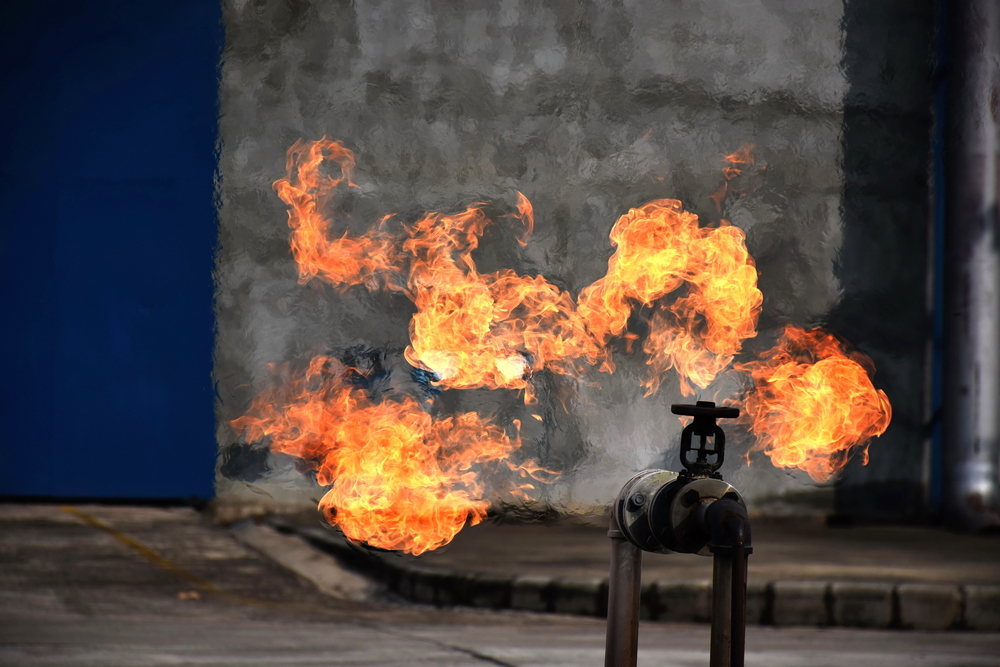
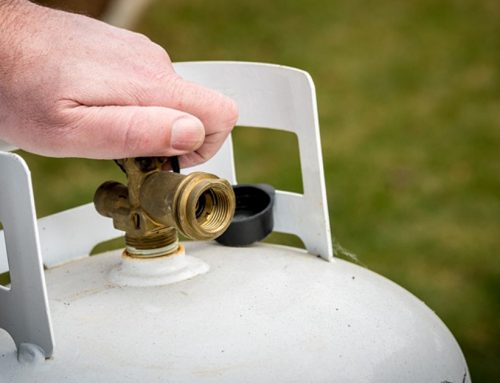
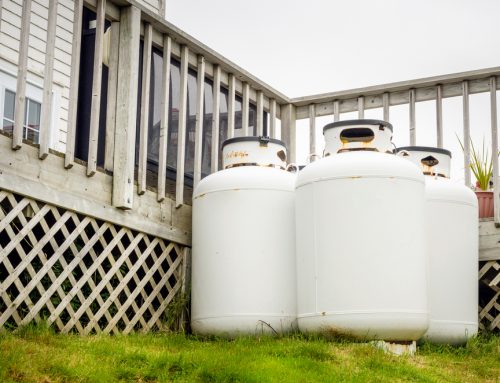
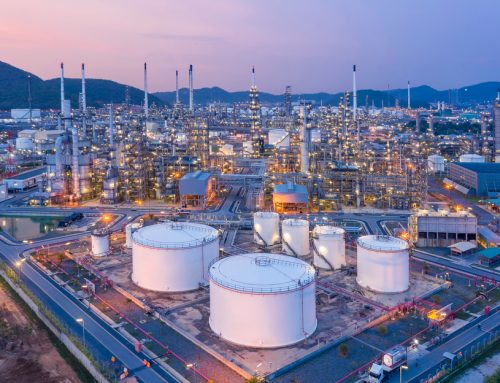
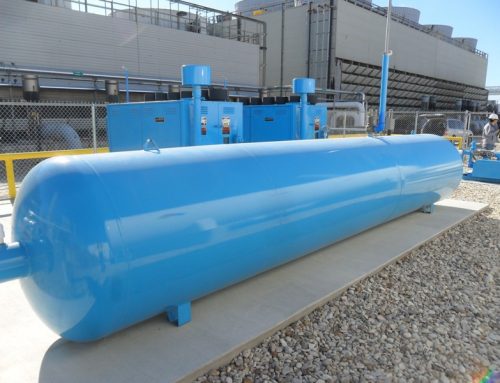
Leave A Comment